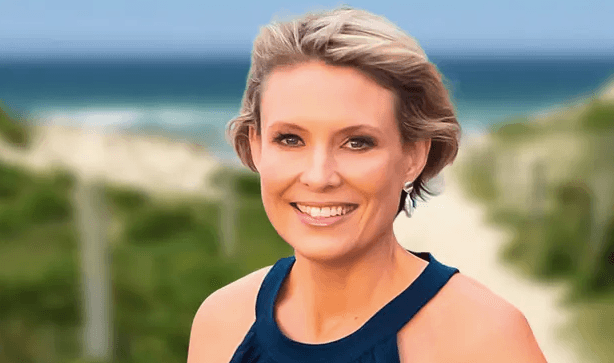Commentary
The story of Katherine Deves is a story of survival in a world that has become intolerant of free speech and has lost its connection with common sense. She is the candidate for Warringah in Sydney for the Liberal Party, where she opposes Zali Steggall, who won the seat from former Prime Minister Tony Abbott in 2019.





